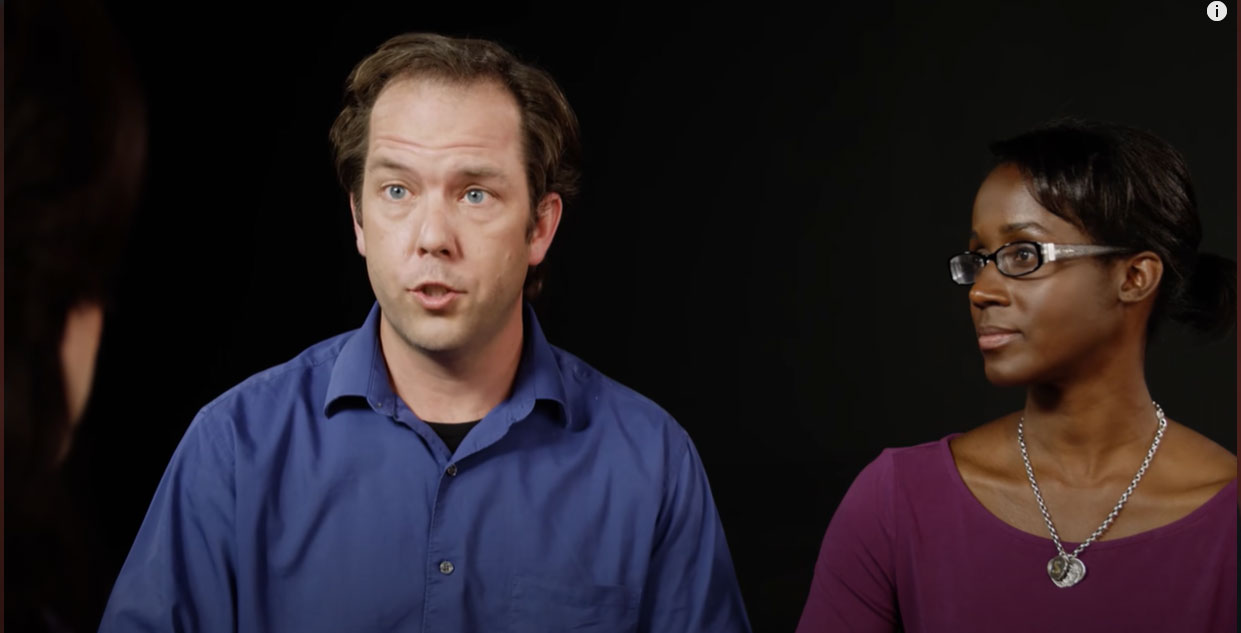Frozen embryo transfer, or FET, offers advantages to many patients
At our Virginia fertility center, we offer fertility solutions for each patient’s needs and goals. Frozen embryo transfer (FET) is a powerful tool that can allow patients to achieve pregnancy. Couples and individuals who have undergone a successful IVF cycle can freeze their embryos.
Frozen transfers have success rates like fresh ones. In fact, frozen cycles can sometimes even produce higher success rates because the woman’s body has time to recover between ovarian stimulation and embryo transfer. This option also allows patients to store extra IVF embryos for use in future pregnancies. Doing so may help patients avoid additional ovarian stimulation and egg retrieval procedures.
How frozen embryo transfer works
For patients undergoing a frozen embryo transfer at our Virginia fertility center, treatment begins with a thorough health evaluation of the woman who will carry the pregnancy. Then, the FET procedure works as follows.
- Evaluating the uterus. To develop a pregnancy, a woman needs to be in the correct stage of her cycle and have a thick enough uterine lining (endometrium) to support implantation after the transfer. This can happen naturally, but our providers may prescribe hormone medication to ensure that her uterus is ready.
- Thawing embryos. Once the woman is prepared for transfer, our laboratory technicians thaw the embryo.
- Transfer. We prepare a catheter by inserting the embryo to be transferred into it. Fady Sharara MD passes the embryo through the cervix into the uterus using ultrasound guidance. He then releases the embryo at the intended implantation site.
We ask each patient to remain on the procedure table for a few minutes after the FET procedure. After that, she can return home and generally resume her daily activities.
Science-supported fertility treatment
The treatment we provide at our Virginia fertility center has been honed after decades of research dedicated to improving patient outcomes. Dr. Sharara has spent his career contributing to that research. To learn more about frozen embryo transfer, or to get answers to your other fertility questions, contact our office today.

